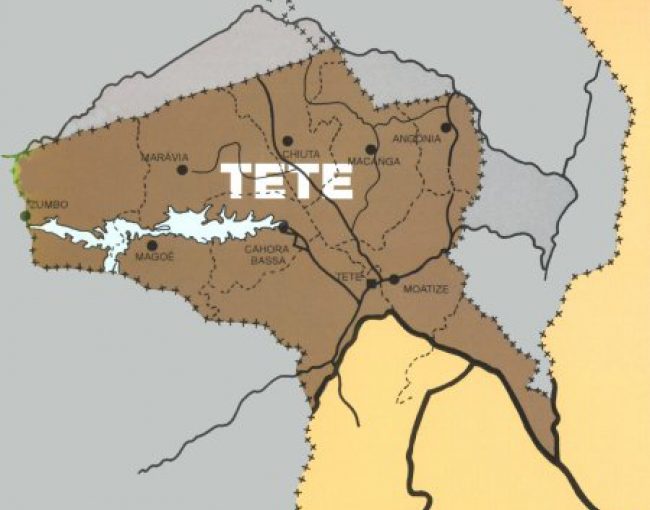Mozambique: Agriculture Minister meets with FAO Director-General QU Dongyu in Rome
More on insect pest threatening Tete farmers – AIM report

An infestation of fall army worm (scientific name: spodoptera frugiperda) is devastating hundreds of hectares of crops in the western Mozambican province of Tete, according to the provincial director of agriculture, Jose Mendonca.
Mendonca said that so far 1,270 hectares of crops have been lost to the pest, affecting about 3,500 peasant households. Fields of maize, sorghum, millet and vegetables have been affected in eight rural districts, and in the green belt around Tete city.
“We recognise that the situation is worrying because the peasants are losing their crops”, said Mendonca. “To halt the spread of the pest, we have allocated pesticides for spraying, with the aid of extensionists who are assisting the farmers”.
“The measures are being taken so that the efforts of the peasant do not go to waste”, he added, “since we want more production and greater productivity”.
This insect pest is not the only threat to Tete agriculture. Mendonca said his department is also worried about irregular rainfall in the south of the province, affecting Magoe, Cahora Bassa, Changara, Marara, Doa, Moatize and Chifunde districts, and Tete city.
“Crops are wilting for lack of rain”, said Mendonca. “This is another situation which may affect agricultural production in Tete. We are concerned because most of the peasants depend on rainfall”.
To avoid the appearance of pockets of hunger in Tete, the provincial authorities have advised farmers not to sell the surplus crops they may still have from last year’s harvest.
Despite the combined threats of the army worm infestation and irregular rainfall, the provincial government believes the situation can still be saved by good production in the fertile north of the province. Here, in the districts of Angonia, Tsangano, Macanga, Zumbo and Mutarara, rains have been falling regularly.












Leave a Reply
Be the First to Comment!
You must be logged in to post a comment.
You must be logged in to post a comment.